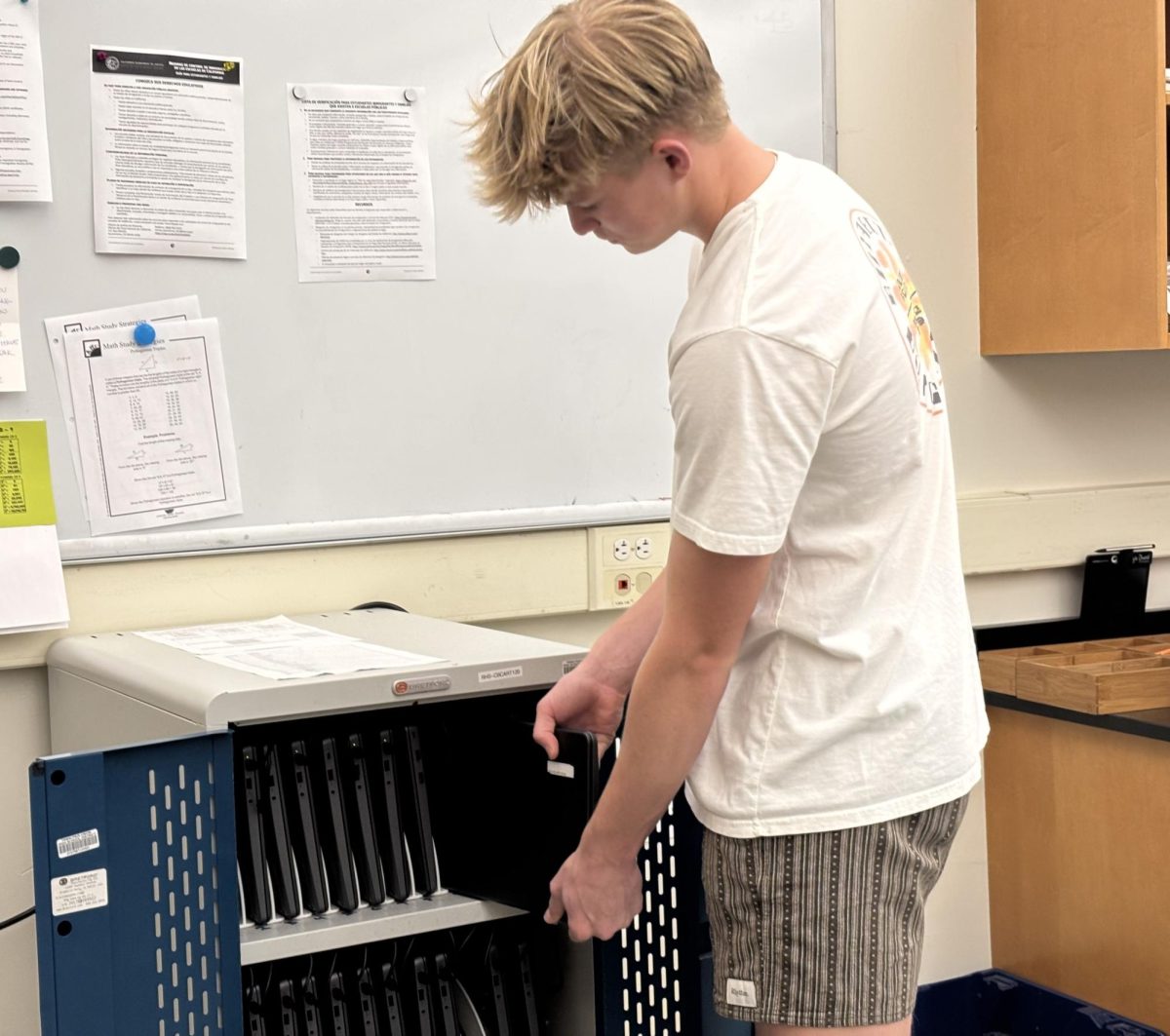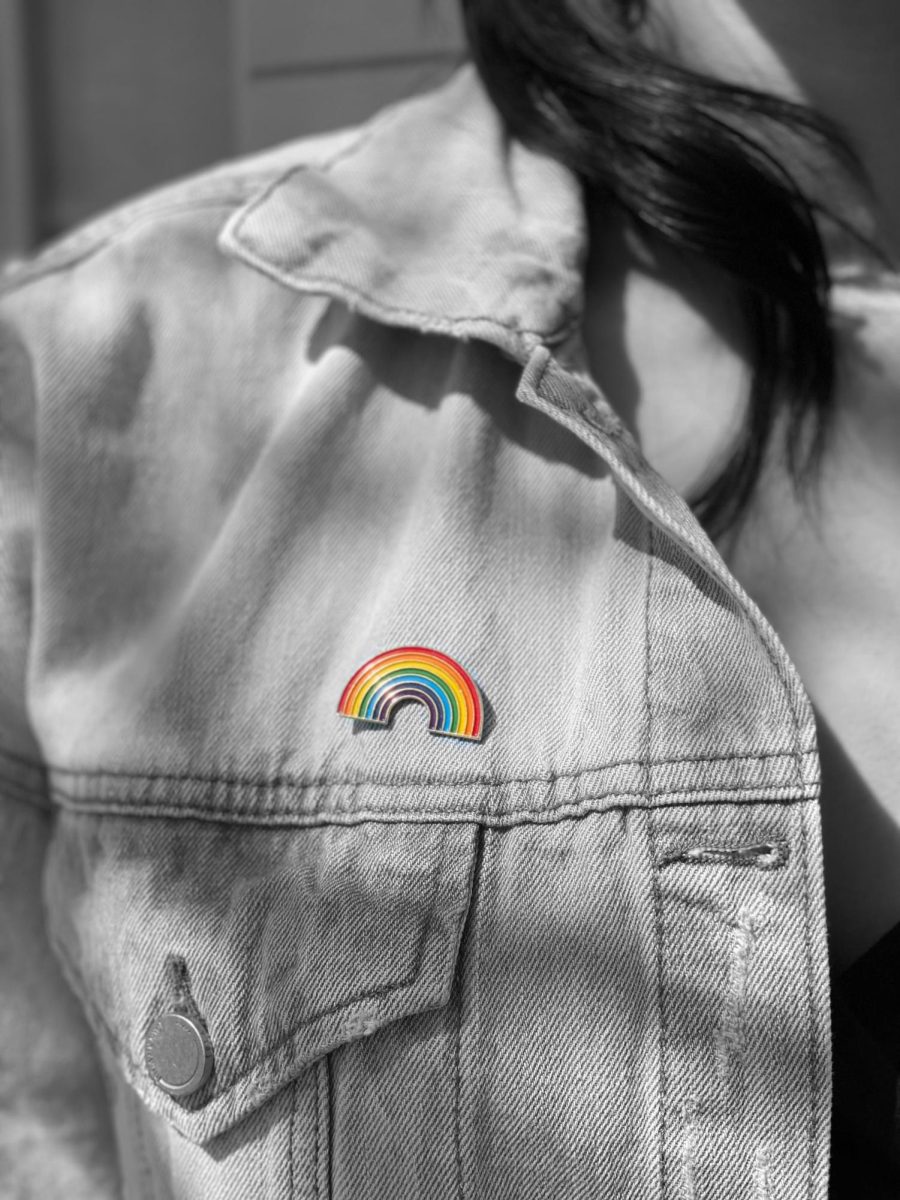On Jan. 24, 2024, the Tobacco Use and Prevention Education Program (TUPE) hosted its second annual ‘Quit it, don’t hit it’ event. This seven-hour window, between eight a.m. and three p.m., allowed students coping with nicotine addiction to trade in their vape for a ‘quit kit.’ These kits contained fidget toys and other items like gum, candy and tea. TUPE Advisor and Psychology Teacher Jonathan Hirsch started facilitating the event last year. 

 “Last year was the first year we [had the event]. We wanted to give people an opportunity [to quit] and I think that there are a lot of people who are vaping [and] are at a point now where they know this isn’t good for [them],” Hirsch said.
“Last year was the first year we [had the event]. We wanted to give people an opportunity [to quit] and I think that there are a lot of people who are vaping [and] are at a point now where they know this isn’t good for [them],” Hirsch said.
Hirsch has noticed in recent years that more students are aware of the harmful effects of nicotine. He recognizes that some students who are vaping are not yet ready to quit, but he assures the ready students will have the support of the TUPE program along with the Wellness Center.
“Getting rid of [your vape] and not having one of your own for a few weeks can make a big difference [in] breaking a habit for a lot of people. [We] wanted to give people that opportunity in a way supported with our quit kits,” Hirsch said. The quit kits are aimed to provide a tactile and mental aid to quitting. “There are multiple aspects to quitting that make quitting something like [vaping] hard. Vapes are designed to be something that are comfortable to hold, so having things that you can hold in your hand, [and] also something you can put in your mouth, like gum or little candy, suckers [and] chapstick. Not that [we] want people to develop caffeine habits, but drinking tea is a lot better for you than vaping.”

Besides the physical aspects of the kit, TUPE also provides information about the process of quitting, including information about withdrawals and a sketchpad to keep their mind occupied.
Hirsch and the TUPE team still believe the event can be effective, even though not all students are ready to turn in their vapes.
“[Even if] two people come by the whole day, [that’s] two people that we helped and those are conversations that we’ve had in our team. When we first decided to do [this event], we asked, ‘What [does a] successful day look like?’ We realized that if we help anyone, that’s a good day,” Hirsch said.
Junior and first-year TUPE member Riley Wein helped at the buyback event for the first time this year.
“It went well. It was a little quiet, but we had people come in who were in the process of quitting and needed some help. We [also] had people come in [to] turn in their vapes and other people who just came in wanting to offer support. It was nice how everyone came to make a nice community without any consequences,” Wein said.
She explains that the TUPE members offer the students as much support as they need, but they don’t force anything on them.

“When I was there, we had someone come in and let people come in as quickly as they wanted. We can have a conversation with them about any help [they] need, [or if they] need to be referred to wellness. [They can ask] any questions or just drop it in the bin and walk away,” Wein said.
Wein was happy to provide students with a safe space and welcoming community.
“You still need more resources as you continue your journey of quitting, but it’s a good initial resource to have,” Wein said.
Hirsch and the students in TUPE all come together to put on this event for students at Redwood.
“We’re trying to [serve the] community. Our students want to help people. Just like [what] we say when we present [to] classes, we’re not trying to persuade you; we just want you to know [we] support you,” Hirsch said.






